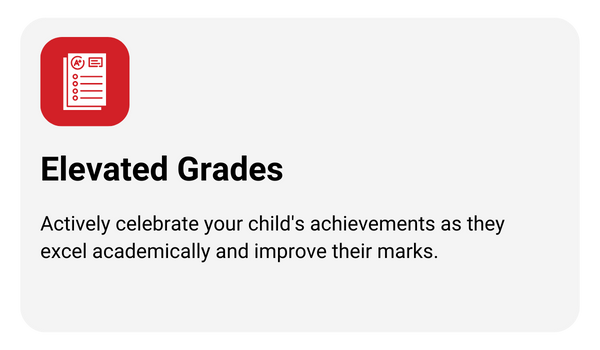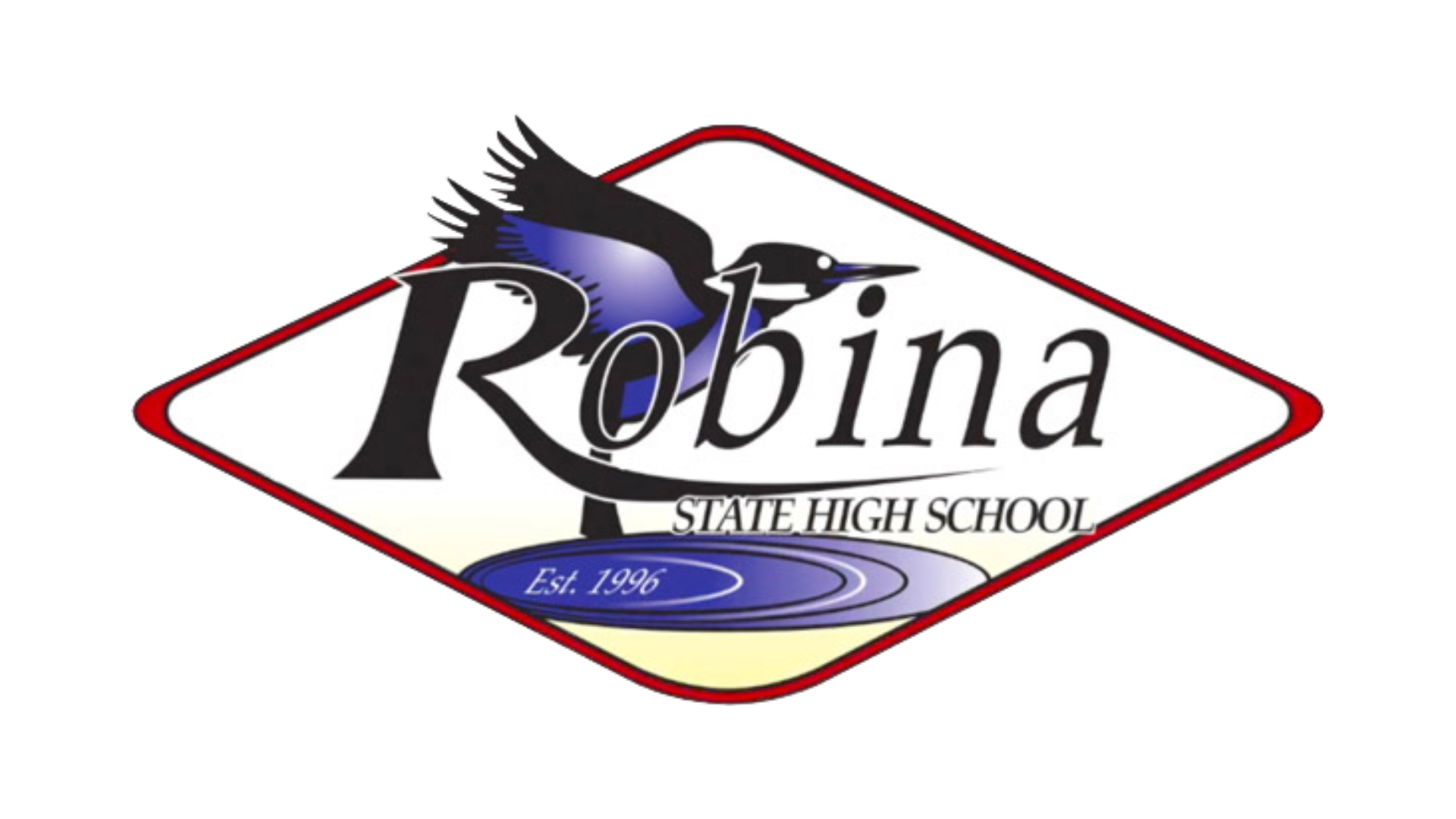How Our Transformative Tutoring Program Enhances
Science, Humanities & Other Subjects

OUR TRANSFORMATION PROGRAM DRIVES CHANGE IN YOUR CHILD BY BUILDING THEIR ENGLISH & MATHS FOUNDATION
We improve your child's confidence, motivation, and grades in just 6 months.
Our 6-month Transformation Program is a game-changing transformative tutoring program unlike any other and is transforming students across Australia. Our program takes a holistic approach, boosting confidence and motivation, backed by research-based methods and educational psychology principles. We're not just about improving grades; we're committed to transforming lives and nurturing well-rounded, confident learners ready to tackle the challenges of the modern academic landscape.
We've made a strategic shift to concentrate solely on English and Maths, recognising their pivotal roles as the foundation of all academic subjects. We firmly believe that by enhancing students' comprehension, analysis, and communication skills through English and reinforcing their mathematical principles and problem-solving abilities, we empower them to excel in any subject.
Join us in unlocking your child's boundless potential across all subjects!
IN JUST 6 MONTHS, YOU AND YOUR CHILD WILL EXPERIENCE

Confidence

Motivation

Grades

Focus

Skills

Support

OUR METHOD
Transform Your Child's Mindset
Teach Your Child the Strategies and Skills to Becoming a Successful Student
Mentor and Guide Them to Improve Confidence, Motivation, and Grades
Ongoing Support For Your Family
THIS IS WHY WE DO WHAT WE DO
“My daughter’s Academic Personal trainer, Mitch, has not just supported my daughter towards improving her results. He has also allowed her to take ownership of her own learning, and given her the strategies to become a self directed and independent learner. She looks forward to her weekly tutoring sessions and always has a feeling of productivity and achievement at the conclusion of the session. The tutor feedback is also timely and relevant every single session. Thank you Mitch and A Team Tuition!”
Before Belle’s first tutoring session she was a little anxious and kept asking me “what will I ask her?”….”what will she do?”. After their first session, Belle is upbeat, positive, calmer and feels Jessica is a perfect match for her saying, “she’s just like me”. Thank you so much for making the effort to match tutors based on personalities; it makes all the difference.
“We absolutely love our tutor Maina. He is such a wonderful person to have in the home and Joe enjoys working with him. Even my other son who isn’t loving school said he might do some tutoring with him. Impressive!!”
“I wanted to write and tell you how impressed I have been with Abbey and how she has instilled confidence in my daughter, Alexandra, in maths. Abbey’s approach to the sessions and subject has been a perfect match for Alexandra and if she needs any assistance in the future, I will certainly be in touch. Many thanks to the whole A Team Tuition team for such a professional and well run organisation.”
“We needed to know how to turn that lightswitch on and I don’t know how to. We tried everything, but nothing worked. Then A Team came along, and all of a sudden, the light switch turned on.”
Kirsty’s child went from a D to A+ in maths in just 10 weeks!
“In respect of Teliah, she has been fabulous. Matthew got his marks and went to a B+ in a subject he had been failing, and his other subject was an A which had been a B that they had been working on.
Teliah herself has been professional, a good communicator, has provided timely feedback and has been on time herself in every event – well presented and once she did the first session well researched in the work she has been attending too with Matty.
She has definitely been a credit to your organisation and has justified the marketing that A Team Tuition has in respect of improvement.”
Their unique approach to helping students feel confident in their preparation for exams, assessments and increasing their literacy and numeracy skills, sets them up for success, no matter their hesitations. It is so important, especially within this generation, to find ways to keep students engaged in the learning process.
My son described his first session with his tutor Eric as “awesome”! He was on such a high afterwards. He was thrilled with the way Eric explained a maths concept advising that he taught him in a way that he really understood and my son is really excited about plans they have made together for his English. After the session with Eric, he continued to consolidate what he had learnt in prep and then was returning to study more that night on geography. Doug and I were so happy to hear all of this. Thank you so much. Sounds like we are off to a great start!
“Leyla and Coco have been working hard together on reading, recognition and spelling, and her NAPLAN results show it!! With Coco being above the national average!!”
The only tutoring company in Australia with official school partnerships

The Now Effect






















